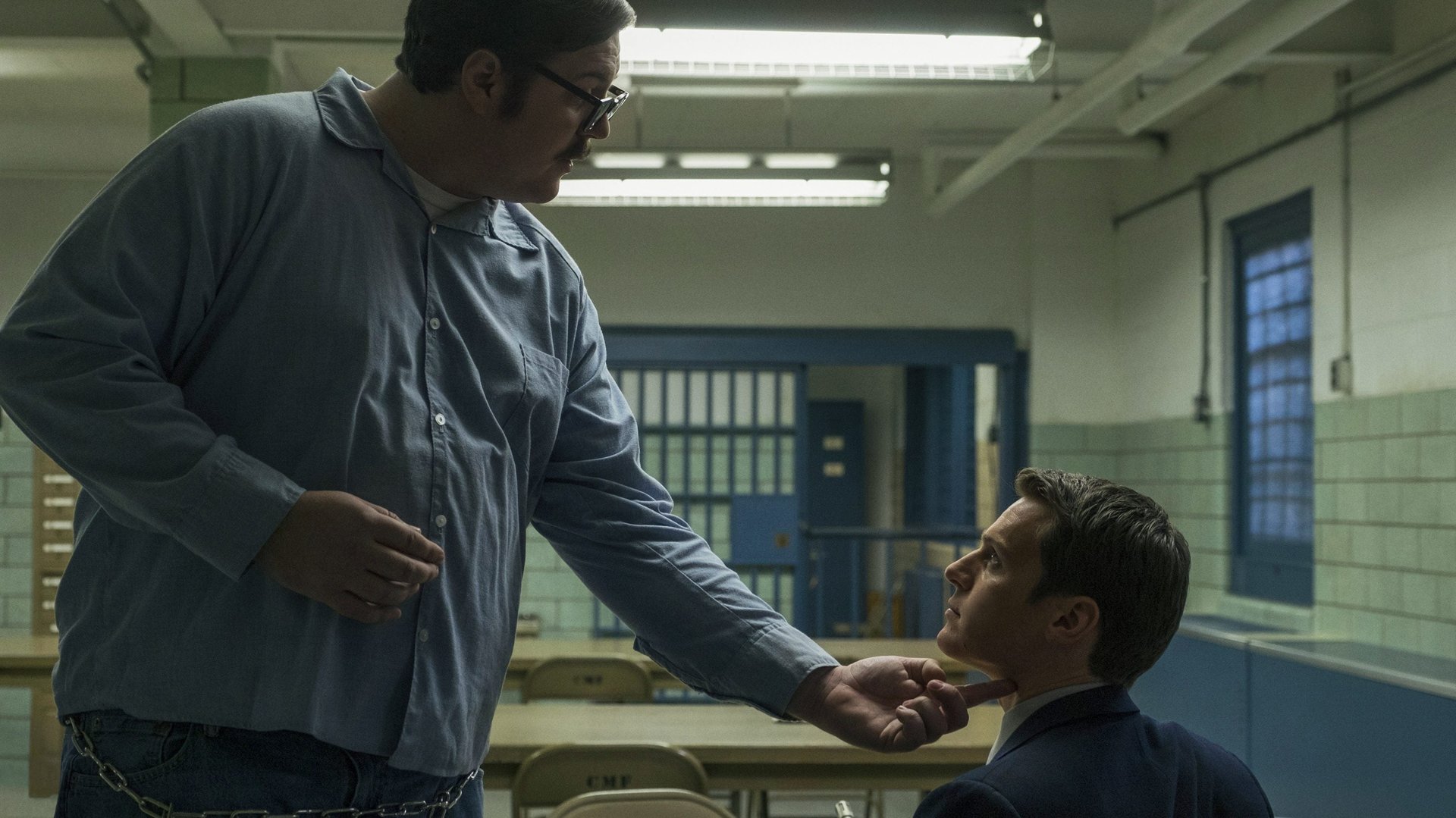David Fincher, the first filmmaker to defect to Netflix, perfectly sums up modern cinema
David Fincher saw the writing on the wall for cinema years ago. After a long, successful career in film, where Fincher directed smart, character-driven thrillers like Se7en, Fight Club, and Zodiac, he became one of the first filmmakers to defect to Netflix. This was back when the streaming service was just starting to commission its own originals. Fincher was an executive producer on its first original series, House of Cards, and directed the inaugural two episodes in 2013.


David Fincher saw the writing on the wall for cinema years ago. After a long, successful career in film, where Fincher directed smart, character-driven thrillers like Se7en, Fight Club, and Zodiac, he became one of the first filmmakers to defect to Netflix. This was back when the streaming service was just starting to commission its own originals. Fincher was an executive producer on its first original series, House of Cards, and directed the inaugural two episodes in 2013.
Last week, Netflix released another series from the director—Mindhunter—about FBI agents who try get inside the mind of serial killers through interviews with some of the US’s most notorious. But unlike other directors, such as Martin Scorsese and Ridley Scott, who have provocatively proclaimed that cinema is dead, Fincher has a different, less alarmist view. He told the Financial Times (paywall):
The cinema isn’t dead. It just does something different. The place is still filled with kids, it’s just they’re all on their phones. It’s a social event like a bonfire, and the movie is the bonfire. It’s why people gather but it’s not actually there to be looked at… Because the bonfire is always the same.
People are still going to the movies. They just aren’t turning out en masse for the types of films they might have 5, 10, 20 years ago, because they have so many options available to them on TV and streaming now. Cinema admissions are flat (pdf) and the US box office just suffered its worst summer in over a decade.
As such, movie studios have started to subscribe to certain formulas—those that fill seats. Your romantic comedies, your popcorn flicks, your universe-spanning franchises, your reboots, and your Oscar bait. Last year was a record for the US box office. And Disney’s Thor: Ragnarok and Star Wars: The Last Jedi, along with a few other films due out in the coming months, could still save 2017.
Those movies are social events. And audiences will show up in droves to be apart of them. Just as they did for the other movies that broke out in 2017: the live-action adaption of Beauty and the Beast, Wonder Woman, the It remake, and the last Fast & Furious film.
Fincher says this has been a long time coming. “For 25 years, cinema has been distilling down to this thing we have now. ‘We know what you want. You want a lot of movement, a lot of color, objects twisting, and flaming through space. You want to see people fall and catch hands at the last minute and dangle over the lava.’ There’s been this balsamic reduction of that into exactly what will justify you spending 14 bucks,” he said.
The thought-provoking, adult dramas and character-driven stories that have defined Fincher’s work are moving instead to TV and streaming, which is what drew the filmmaker to Netflix to begin with.
He was in talks to make a series for HBO, too—a considered, big-budget remake of the British sci-fi series Utopia that would have challenged cinema’s cookie-cutter action films the way Game of Thrones did this year.
“I wanted to make a show that would sort of rival the tentpole movies, maybe not in terms of the CG or how much the universe is gonna explode, but in terms of twists and turns,” Fincher reportedly told the Empire Film Podcast. The project fell apart because of the budget.
That may be why Fincher hasn’t turned his back on cinema entirely. He directed Gone Girl in 2014 and is slated to helm the sequel to World War Z next. It stars and is produced by Fincher’s frequent collaborator, Brad Pitt, who also found a home at Netflix recently. The company picked up Pitt’s studio Plan B’s satirical film War Machine, in which he also starred.